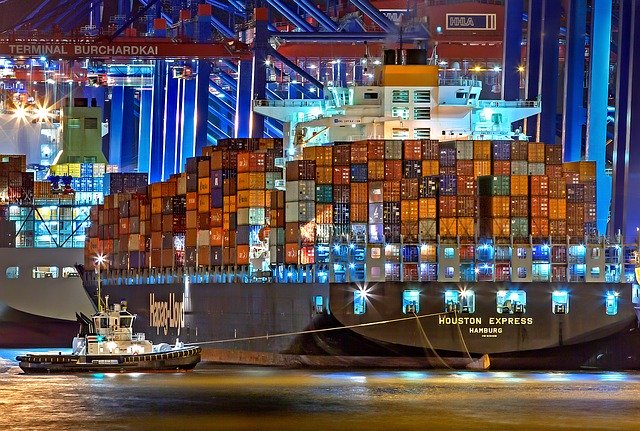The Importance of Product Distribution in Nigeria
The Importance of Product Distribution in Nigeria
Everyday, businesses all over the world struggle with how to get their products from point A to point B. With the idea of globalization, it has become easier for companies to expand across the globe. Nigeria is no different. However, there are still challenges that have hindered foreign companies from expanding into the country and making a profit. One way in which these challenges can be addressed is by adopting new distribution models such as product distribution in Nigeria that are not only beneficial but also feasible. In this blog, we will explore ways in which this new model can help foreign businesses establish themselves in Nigeria and thrive.
Introduction to Product Distribution in Nigeria
The idea of product distribution in Nigeria is not a new one. For years, there has been a market for the sale of products from foreign companies in Nigeria. These foreign companies have utilized distributors to sell their products to customers and make a profit. However, as time has progressed, the Nigerian market has become more competitive and difficult to break into, which has made it increasingly difficult for foreign businesses to sell their product without experiencing significant losses. With this new model, we look at how different distribution models can help foreign businesses establish themselves in Nigeria and thrive by considering the importance of distribution and bringing in the right people at the right time.
Importance of product distribution in Nigeria
The importance of product distribution in Nigeria is that it helps foreign businesses establish themselves in the country. This can be done by hiring a local distributor and establishing a supply chain with them. As a result, you distribute your products to their customers, who will then become familiar with your brand.
This can also be done by using your own customer base as distribution agents for your products. If you are considering product distribution in Nigeria, this option may be more beneficial for you because it would allow you to preserve your customer’s trust and loyalty.
Challenges faced by foreign businesses in Nigeria
The main challenge that foreign businesses have when expanding into Nigeria is the lack of infrastructure. There are many modes of transportation that are not readily accessible such as the logistics, train, air, and road. This makes it difficult for companies to transport their goods from point A to point B in a timely manner. On top of this, the power grid in Nigeria can also be an obstacle. Many foreign businesses struggle with how to distribute their products to different areas around Nigeria because there is no easy way of doing so without hiring someone with a car or truck who could transport them.
However, one way to overcome these challenges is by adopting new distribution models that have not only been helpful to other nationalities but have also been feasible for companies like yours. One such model would be product distribution in Nigeria which has been steadily rising and becoming more popular over the past few years. This model allows you to sell your products through distributors rather than supermarkets or other retailers. You can find distributors all over the country who can help you distribute your goods for you and sell them at local prices. The benefit of this method is that it helps foreigners avoid paying import duty on their goods and instead pays sales tax on their profits which is often higher than import duty paid on imported goods.
Solutions to these challenges
The biggest challenge that foreign companies in Nigeria face is the supply chain. The logistics of getting a product from point A to point B are simply too difficult to manage. It is not only expensive but also difficult. In order to make this process easier, distribution models need to be created that can efficiently deliver products on time and at a reasonable price. Product distribution in Nigeria provides one solution that can help ease the flow of goods across the country.
Another problem experienced by foreign companies in Nigeria is how they aren’t able to tap into the local market without any marketing or sales capabilities. This lack of knowledge is especially problematic for foreign businesses because they are unable to reach out to Nigerians who may be interested in their product or service.
Product distribution in Nigeria has numerous advantages for these types of businesses. It helps them establish an authoritative online presence and create brand awareness because it allows them better access to potential customers within the country. Moreover, it is more cost-effective for them than traditional methods because it ensures greater efficiency with lower overhead costs than if they were distributing their goods through other methods like traditional retail stores and wholesale markets.








LEAVE A COMMENT
You must be logged in to post a comment.